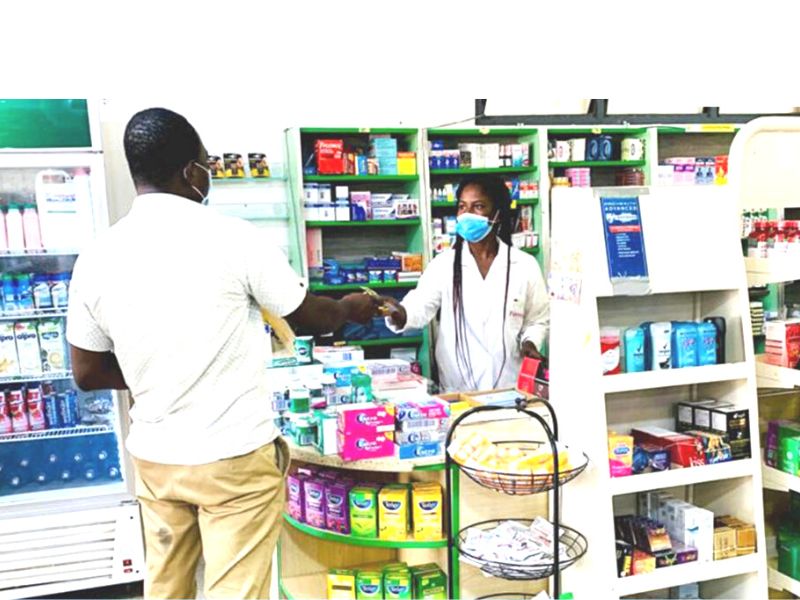We often quote the above phrases in our daily conversations but I guess sometimes we do so without serious stocktaking of our many blessings. Life may sometimes get tough like anywhere in the universe, I agree. But I tell you the COUNTRY GHANA WE HAVE, if we patriotically and painstakingly look deeper, we would soon realize it is quite a charming one.
On the other day, I went to a pharmacy to buy an anti-malaria drug to handle our one-and-only “African disease”, malaria. I usually say so, because imagine Africa without malaria, I guess our robust human race would spend nothing on health …I know people who never get sick for decades if not because of malaria. The people are strong.
Back to my story, the lady at the counter without checking prescription from a doctor advised, “Please can I also give you antibiotics to take with the malaria drug for broad infection treatment”. I paused and exclaimed, WOW!!! GHANA SWEET.
I remember back in The Netherlands for my masters and PhD studies nearly two decades ago, how difficult it was to convince a doctor to prescribe an antibiotic drug to purchase at any apotheek (pharmacy). Without a prescription, no way! Even when doctors are convinced you have common infection like boils, they remain reluctant to prescribe antibiotics. Best you could get would be paracetamol to relieve the pain and advice to take more fluids, fruit juices, rest and exercise.
They even encourage full blown infection of some diseases like chickenpox to aid effective natural immunity. I remember my house doctor Dr. Letman chastising me for constantly advising him to give antibiotics to the African students who complain of infection because they respond best compared to their no-antibiotic approach.
He may be right for a population who, from infancy, have been relying upon a health system to prevent resistance of infectious organisms to drugs particularly to antibiotics. But what about a community whose health systems have always relied upon administration of medicines? Can it be totally overhauled?
Counter drugs may have their own negative consequences but I also strongly believe that many lives in Africa have been saved by our many druggists, chemical sellers and pharmacists distributed across our communities – farmhouses, hamlets, villages, towns and cities.
I remember growing up in the Ahafo Ano South District, specifically Abroye Farmhouse near Abodease-Hwibaa, and at age 12 to 15 in the 1980s, I trekked or biked with one “Dr” Kyei to various surrounding communities most weekends selling provisions (milk, milo, canned fish etc) and he selling drugs and providing treatments for the farmers and their families. We knew him to be a medical doctor considering the lives he was saving in the area. Dr. Kyei was a teacher at Pewodie Middle School and had knowledge in selling chemicals for treatment. I guess a chemical seller in today’s jargon. The man could administer penicillin and chloroquine (for malaria) injections to the rural folks. He was a saviour in the communities and was hailed as such.
Not long, Ghana joined international communities to create awareness of antibiotic resistance in our population and various measures taken by government to minimize the menace.
Notwithstanding, Ghana would have to design our own models to deal with this antibiotic resistance issue. Irrespective of the approach we adopt, the contribution of our chemical sellers and pharmacists in reaching out to patients who cannot afford visiting a hospital or clinic, must not be overlooked.
By Prof. Peter Twumasi
*** The writer is a Biochemist and the Director-General, National Sports Authority
The views expressed in this article are the author’s own and do not necessarily reflect The Chronicle’s stance.










